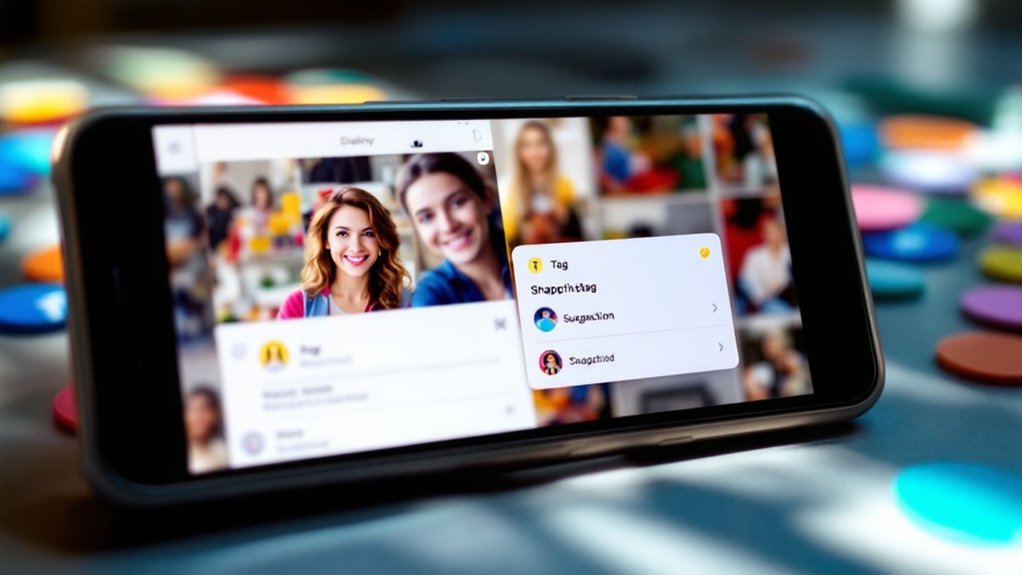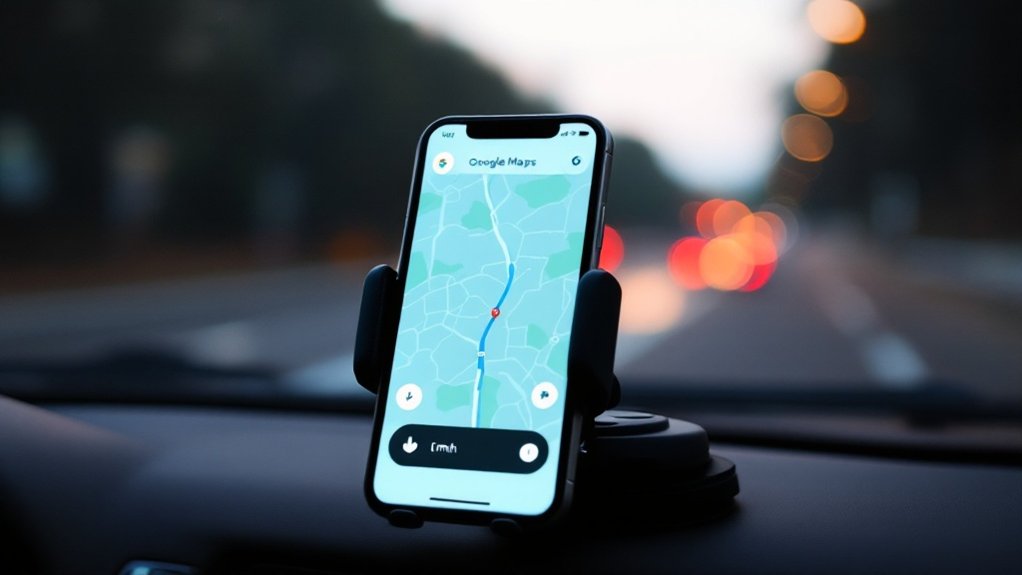Bluesky is a decentralized social media platform launched by Jack Dorsey that's gaining traction fast. With 30 million users since its 2024 public debut, it's not just another Twitter clone. Users control their algorithms, choose content curation, and enjoy 300-character posts plus 3-minute videos. The AT Protocol foundation emphasizes user privacy and community-driven moderation. No blue checkmark drama here—just verify through your own domain. There's more to this revitalizing approach than meets the eye.

While most social media platforms lock users into rigid algorithms and centralized control, Bluesky is flipping the script. Born from Jack Dorsey's 2019 vision, this platform emerged as an independent company in 2021 after initially being hatched inside Twitter. When Musk swooped in to buy Twitter, Bluesky cut ties completely. Smart move.
What makes Bluesky different? It's built on the AT Protocol, a fancy term for "decentralized social media." Users can post short 300-character blurbs, share images, and videos—pretty standard stuff. But here's where it gets interesting: you choose your algorithm. Seriously. They call it a "marketplace of algorithms" where you pick how your feed functions. No more mysterious content curation happening behind closed doors. Similar to Mastodon's ActivityPub protocol, this decentralized approach ensures no single entity maintains complete control. The platform stands in stark contrast to Twitter's blockchain integration plans under Musk's leadership.
The verification system is invigoratingly straightforward. Link your handle to a web domain you own, and boom—you're verified. No blue checkmark drama here.
By January 2025, they'd racked up 30 million users. Not bad for a platform that only went public in February 2024. The growth is impressive, despite Dorsey himself jumping ship from the board by May 2024. The platform recently added support for 3-minute long videos in March 2025, expanding content options beyond short posts.
Bluesky feels like classic Twitter's cooler cousin. The interface is familiar enough that ex-Twitter users won't need a manual. New users get "Starter Packs"—curated lists of accounts and feeds to follow based on interests. Convenient.
Their moderation approach? Also decentralized. The open-sourced "Ozone" tool lets communities create their own moderation services. User-managed labeling helps filter content. It's like they actually trust people to make decisions. Radical concept.
Privacy and user control aren't just buzzwords here. The platform's architecture puts data ownership back in users' hands. In a world of algorithmic echo chambers, Bluesky's user-first approach feels like a refreshing change. The platform provides enhanced data portability, allowing users to freely move their profiles and content between different servers.
Is it perfect? No platform is. But in a world of algorithmic echo chambers, Bluesky's user-first approach feels like a refreshing change.
Frequently Asked Questions
Is Bluesky Available for Android Users?
Yes, Bluesky is definitely available for Android users. It hit Android devices in April 2023, requiring Android 7.0 or higher. Not exactly breaking news.
The app lets people post short messages, images, and videos—standard social media stuff. Recent updates added 3-minute videos and better spam filters.
With about 20 million users by late 2024, it's growing. Get it through platforms like Uptodown.
Can You Monetize Content on Bluesky?
Bluesky currently lacks direct monetization features, but users can leverage their presence through sponsorships and brand collaborations.
The platform plans to introduce a creator monetization system soon, where creators will earn money directly with Bluesky taking only a percentage of transaction fees.
No ads here, folks. Instead, they're developing subscription services with perks like custom icons.
Development is slow—payment systems are complex beasts.
How Does Bluesky Handle User Privacy and Data Security?
Bluesky's approach to privacy is pretty bare-bones.
Everything's public—posts, likes, blocks—visible to anyone, even without an account. No private profiles here, folks.
Mutes stay private, though they can be part of public subscriptions.
The platform deletes removed content periodically, but that's about it.
Users get customization tools and moderation options, which helps.
Data security? It's decentralized, which has pros and cons—your data can live on various servers.
Can I Schedule Posts on Bluesky?
Bluesky doesn't offer native post scheduling. Tough luck.
Users need to rely on third-party tools like SocialBee and SocialPilot to plan content ahead of time. These external platforms let folks manage multiple social accounts simultaneously, not just Bluesky.
For serious content creators, these scheduling tools are pretty much essential. They're the only way to maintain consistent posting without being glued to your phone 24/7.
Does Bluesky Have a Direct Messaging Feature?
Bluesky currently doesn't offer direct messaging.
Users can interact publicly through posts, likes, and replies, but private conversations? Nope. Not a thing yet.
The platform's decentralized design and focus on community engagement might suggest private messaging could arrive eventually.
For now though, folks wanting private chats will have to look elsewhere.
Twitter has DMs. Bluesky doesn't. Simple as that.




